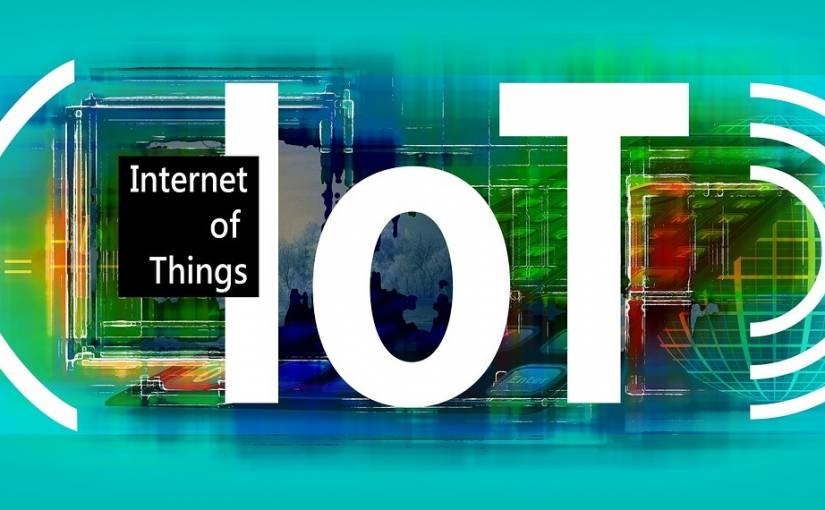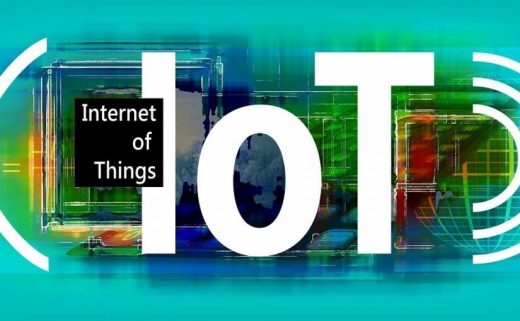The Biggest Advantages and Disadvantages of IoT
The Biggest Advantages and Disadvantages of IoT

How far have we come from the moment when the IoT term was coined in 1999, by Kevin Ashton? Well, the usage has certainly improved by leaps and bounds from the toaster, the very first IoT device. The Internet of Things definitely took off in 2014 and it is still surprising us daily. Its advantages are incredible, but they do come at a price.
Benefits of IoT
Easy Access
Right now, you can easily access the necessary information in real-time, from (almost) whichever location you are at. All it takes is a smart device and internet connection.
We use Google Maps to see where we are, instead of asking a person in the street. Booking is simpler than ever. Factual information is easily accessible, even from the latest scientific research, or business analysis. It is only a click away.
Speed
All this data pouring in enables us to complete numerous tasks with envying speed. For example, IoT makes automation easy. Smart offices automate repetitive tasks, thus allowing employees to invest their time and effort into something more challenging.
Adapting to New Standards
Though IoT is ever-changing, its alterations are minimal compared to the rest of the high tech world. Without IoT, it would be hard for us to keep track of all the latest updates.
Better Time Management
Overall, the IoT is an incredible time-saving tool. We can search for the latest news on our phones during our daily commute, or visit a blog about our favorite pastime, purchase an item in an online shop, you name it.
Eventually, we end up with much more time on our hands.
However, nothing is perfect.
Disadvantages of IoT
Data Breach
Having easy access to data is wonderful. Unfortunately, our own private data is more exposed than ever too. Statistics (from a website: idstrong dot com) show some worrying figures. 12.7 million Americans were victims of identity theft. A credit card number is the type of information that was most compromised, followed by a debit card number.
Data breaches are extremely stressful. Companies also fear them and can lose the trust of their clients for good if the cyber attack came via their website pages.
The riskiest devices are said to be: smart toys for kids, off-brand IoT gadgets, second-hand smart devices, and the latest, suspicious apps (about the newest unusual devices).
Dependence
The IoT, obviously, is dependent on the internet connection. When there is none, it can’t be used.
On the other hand, we have become increasingly dependent on the IoT’s everyday usage. Not only in business, but in our private lives. If we don’t download the desired information quickly, we are prone to becoming agitated and upset, even about the most trivial content.
To this end, the IoT does not always bring out the best in us and it has contributed to the great decrease in our attention spans.
Complexity
Though IoT seems to be completing tasks with ease, a lot of complex operations are behind it. Consequently, if the software makes a wrong calculation, this will affect the rest of the process. The above-mentioned over-reliance can be very dangerous sometimes. At best, we won’t know how to deal with the wrong temperature in our green home. At worst, a glitch in water dam software could cause a disastrous flood.
Therefore, oftentimes a mistake in IoT is not always easy to fix.
To Sum Up
The IoT has brought us many amazing things and it continues to surprise us in lots of sectors: business, healthcare, our private lives. As for the downsides, now that you are more aware of them, try to keep those under control. Protect your data and be aware of how automation and easy access can affect you or your business.
The post The Biggest Advantages and Disadvantages of IoT appeared first on ReadWrite.
(75)


